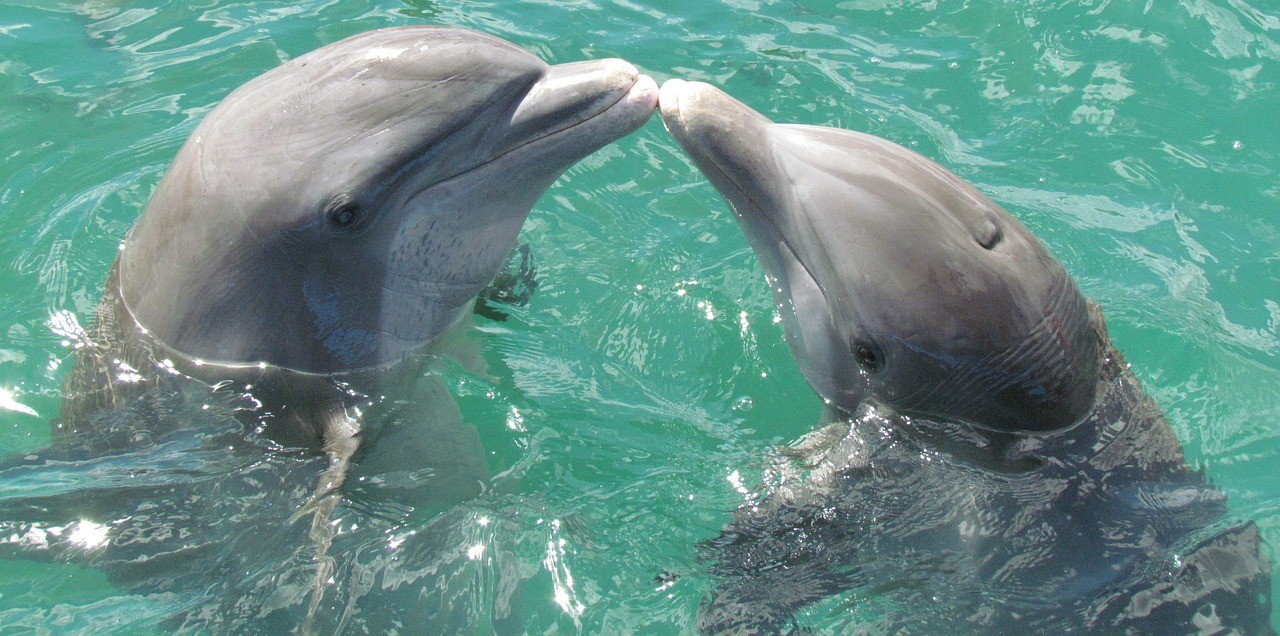Kissing: why is it so much fun?
A passionate kiss puts two people in very close proximity – nose to nose. We learn about each other by engaging our sense of smell, our taste buds and sense of touch. And through that information all sort of signals are being sent to our brain informing us about the other person. In fact, the scent of man can provide subconscious clues about his DNA to his partner. We may not exactly be thinking about parenthood when kissing a new partner passionately, but kissing provides clues to help us decide whether to take a relationship further or not.
So while we are having the fun of our lives, our brains and body analyses an awful lot of very useful information. Forget about the man’s status, looks or ability to make us laugh: that’s all secondary now. Research by Swiss biologist Claus Wedekind found that women are most attracted to the scents of men who carry a different genetic code for their immune system in a region of DNA known as the major histocompatibility complex, or MHC. Science suspects that when a couple carry distinctly different genetics for fighting disease, their children are likely to have a strong immune system.
Other Smart Reasons
Science has just started studying kissing. Why is kissing so much fun? Because it surveys parenthood compatibility, and much more.
One hypothesis claims that kissing is a means of seduction and sexual stimulation. Women’s lips, it is difficult to deny, resemble the labia. The practice of women around the world of coloring their lips red- a color linked to sexual arousal- suggests the role the lips play in seduction. Research has suggested that men prefer wetter kisses, with more involvement of the tongue than do women. The tongue, it is difficult to deny, is a phallic organ. The combination of a moist open mouth and a penetrating tongue simulate intercourse quite distinctly, and give easy rise to sexual imagining and, perhaps, sexual excitement. In addition, some researchers speculate that the male preference for wet kisses is related to
the fact that male saliva contains testosterone, a hormone linked to sexual arousal in both genders. A wet kiss may deposit testosterone into the woman’s mouth, thereby acting to increase her sexual arousal.
An additional line of thinking has focused on the kiss functions primarily on the level of psychology, as a way to express and reinforce feelings of trust, closeness, and intimacy with another. Just like the clicking of wine glasses allows us to bring hearing into the sensory experience of drinking (which already involves all the other senses), so the kiss allows us to invite the senses of taste and smell to partake in the celebration of intimacy and make the event deeper and more complete. In addition, when we kiss someone, we bring that person into our vulnerable personal space and agree to take the risk of catching an infection or disease. A kiss is therefore an implicit expression of openness and trust.
The evolutionary anthropologist Helen Fisher of Rutgers University in New Jersey has proposed another theory. According to Fisher, the kiss plays a role in the each of the three phases of our evolved reproductive strategy: first, the kiss helps inspire and direct the libido, which causes us to desire sex with multiple partners. Later, the kiss works to stoke the fires of romantic love, the deep infatuation that motivates us to choose one of many partners. Finally, the kiss helps us sustain and reinforce the ongoing attachment bonds, which allow us to endure together long enough to raise our children (our gene carriers) into sexual maturity.












débile